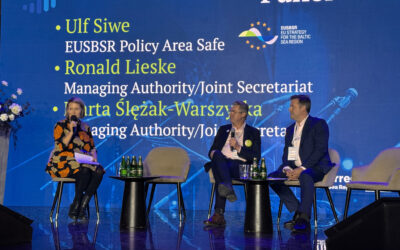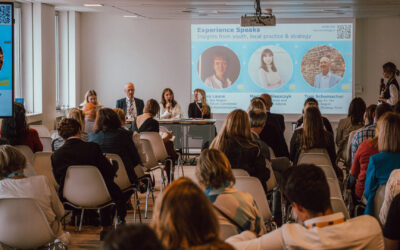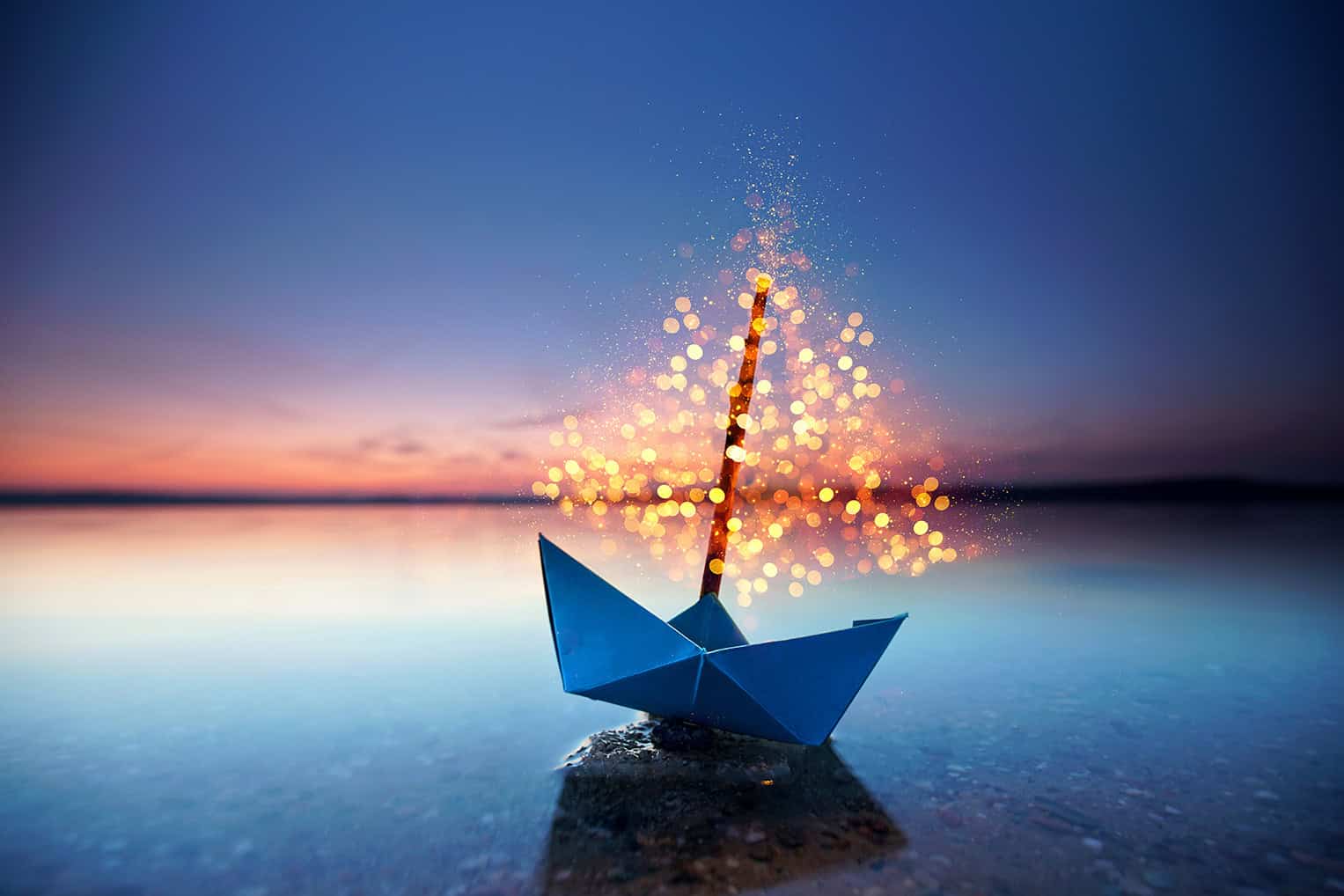Designing Interreg Baltic Sea Region that belongs to everyone
10 December 2025 Designing Interreg Baltic Sea Region that belongs to everyone Written by Eeva Rantama What if the next Interreg Baltic Sea Region post-2027 was built to include everyone - by design? At the BSSSC Day of Cities and Regions on 28 October 2025 in Sopot,...
Monitoring the Programme’s progress: transnational cooperation in the making
Representatives from nine Programme area countries gathered in Berlin on 19-20 November 2025 to review the progress of the Programme’s implementation and start preparing for the post-2027 period.
Operations of
Strategic Importance
Beyond Borders: Turning Interreg Results into Policy Action
At this year’s EUSBSR Annual Forum in Sopot, the session “Beyond Borders: Interreg Results in Action for a Resilient and Safe Baltic Sea Region” showcased how Interreg Baltic Sea Region projects are transforming challenges into policy-relevant results that strengthen resilience, safety, and cooperation across the region. The session brought together project partners, EUSBSR policy area coordinators, members of the Programme Monitoring Committee and young participants to explore what it takes to turn project outcomes into lasting policy impact.
Programme
Factsheet
How territorial cooperation builds us a home: the Baltic Sea region example
A room full of people waving their green and orange cards, prominent panelists on stage, and a clear hero of the day: territorial cooperation, making the Baltic Sea region feel like home. The joint session during this year’s EU Week of Regions and Cities was filled with positive energy, commitment and hopes for the future. What stood out most?
ALL
Programme
News
Designing Interreg Baltic Sea Region that belongs to everyone
10 December 2025 Designing Interreg Baltic Sea Region that belongs to everyone Written by Eeva Rantama What if the next Interreg Baltic Sea Region post-2027 was built to include everyone - by design? At the BSSSC Day of Cities and Regions on 28 October 2025 in Sopot,...
Monitoring the Programme’s progress: transnational cooperation in the making
Representatives from nine Programme area countries gathered in Berlin on 19-20 November 2025 to review the progress of the Programme’s implementation and start preparing for the post-2027 period.
ALL
Programme
News
Programme
Factsheet
Operations of
strategic importance
Interreg synergy in action
Bring capitalisation further!
If you submitted your project platform idea form for project platforms, we cannot wait for your full application. The time for consolidating project outcomes and building synergies across projects and funds for wider impacts is now!
Deadline for submitting full applications:
20 November 2025 (CET)
Deadline for submitting your Project Platform Applications
Day(s)
:
Hour(s)
:
Minute(s)
:
Second(s)
Your project idea, our support
Let us help you prepare your project idea and apply with our Programme.
Gateway for
applicants
All you need to know in just one place.

Consult
your idea
We support you in
developing your project idea.

Programme
Manual
Check the Programme rules,
online and searchable.
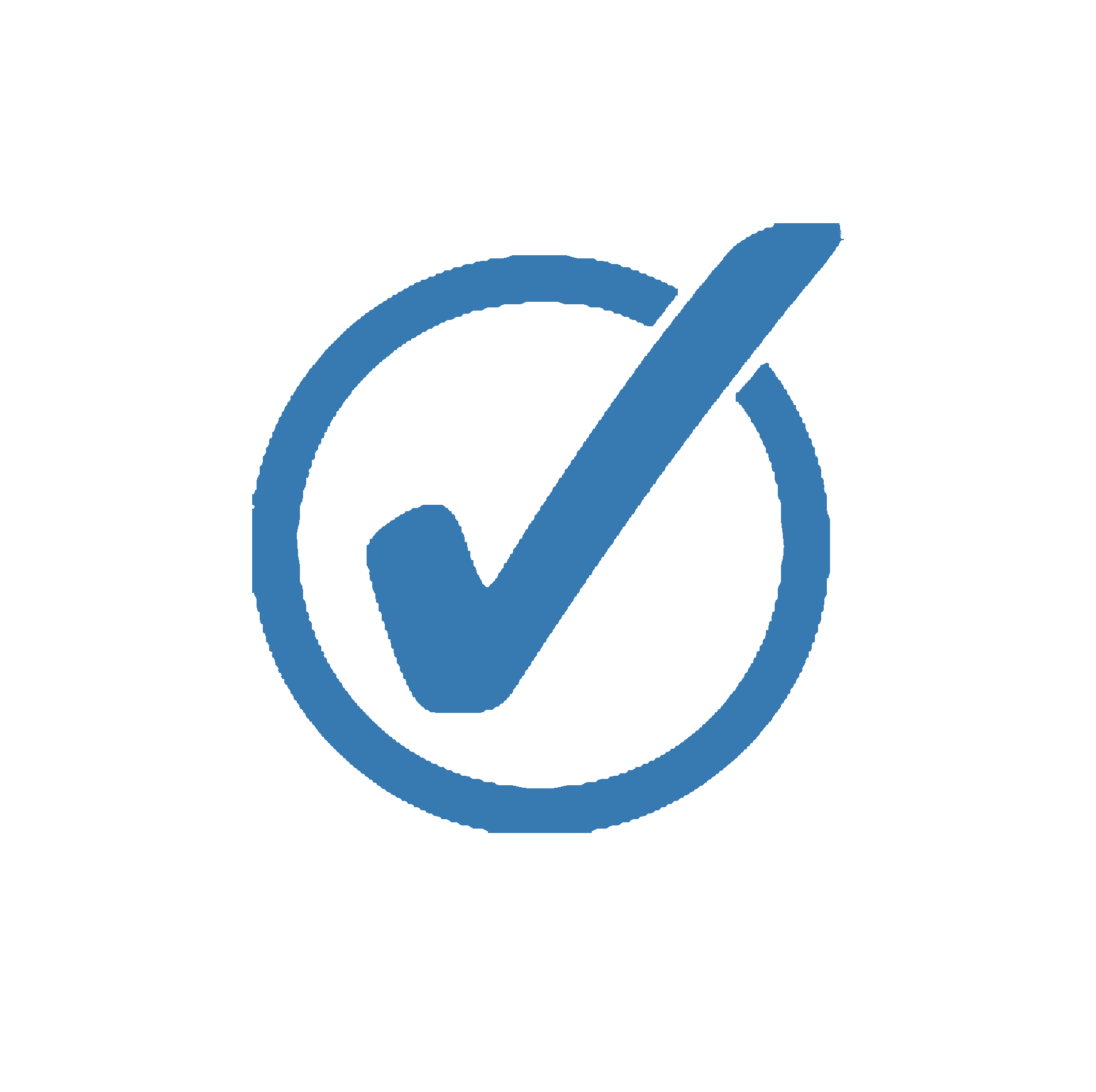
Check whether
you fit
Explore more
about our Programme.
Managing a project already?
Let us help you make the most of it.
Project
toolkit
All you need to know in one place.

Programme
Manual
Check the Programme rules,
online and searchable.
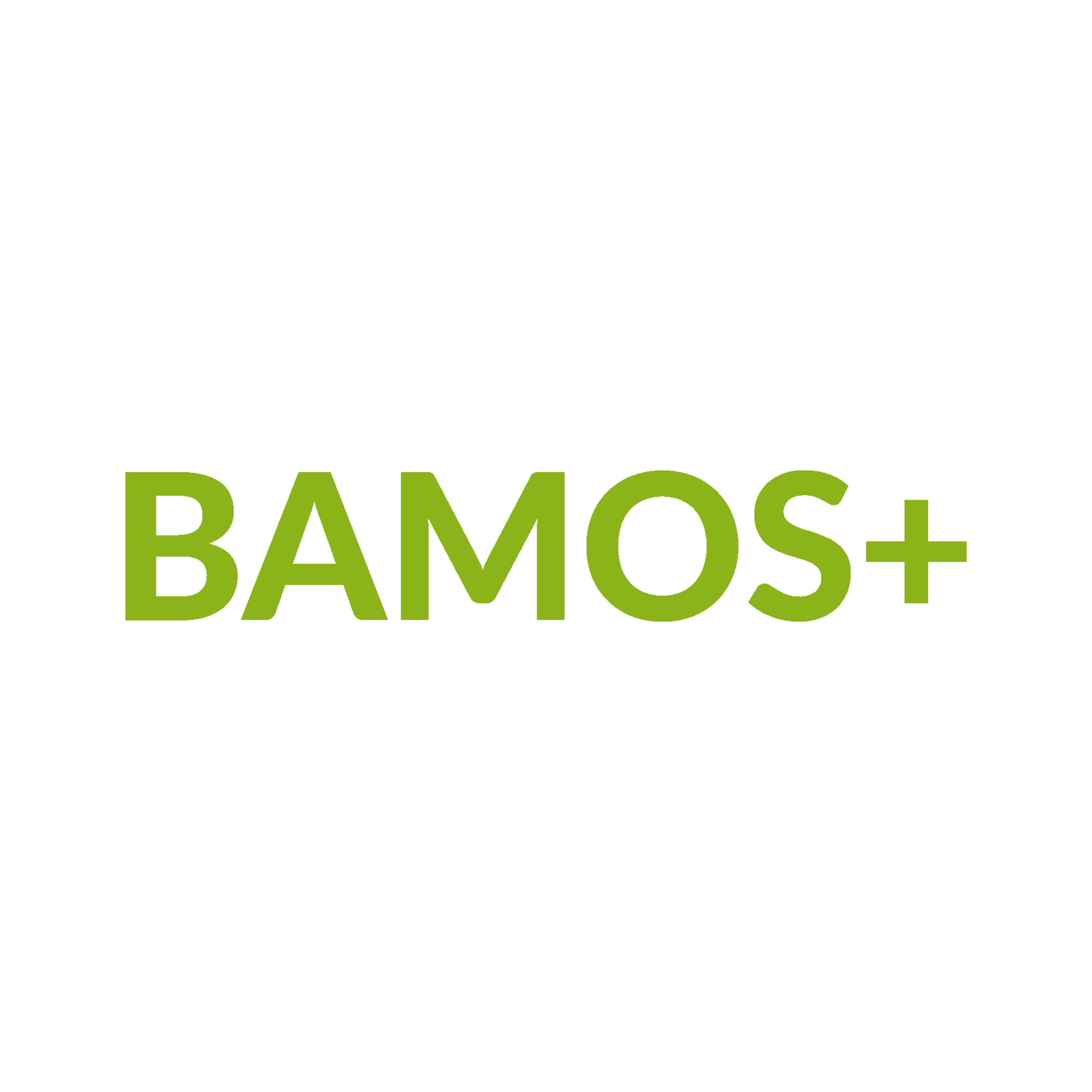
Your
BAMOS+
Your main tool
to work with.

Video
tutorials
Let us guide you
through reporting.
Events
There are currently no Programm event planned.
Project News
eRural Resilience in 2025: Strengthening Digital and Bio-Business Capacity in Rural Regions
“In 2025, eRural Resilience made significant progress in strengthening rural economies by supporting the digital and bio-based transformation of...





